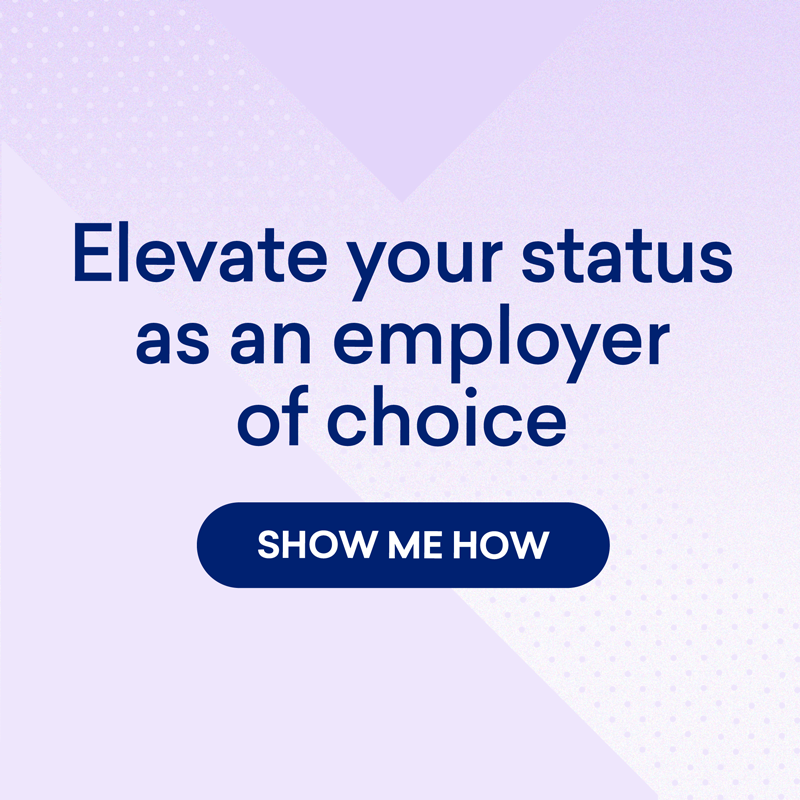Researchers Adam Grant and Francesca Gino provide interesting evidence to support that A Little Thanks Goes a Long Way: Explaining Why Gratitude Expressions Motivate Prosocial Behavior.
Saying thank you to colleagues, staff members, associates, and people more distantly connected to us is an annual year-end ritual for many people in leadership positions. Speeches, memos, newsletter articles and blog posts are often filled with lists of peoples names and the events or actions for which they are receiving thanks. These gestures of appreciation are mostly nice and thoughtful yet they can be accepted with a bit of cynicism by recipients, especially if this is the only time during the year when ‘thanks’ have been provided.
“Our research suggests that gratitude expressions may have important theoretical and practical implications for encouraging prosocial behaviors that promote cooperation.” — Grant & Gino (2010)
Why say thank you? Well, we do it partly because we’ve been taught from a young age that it is the right thing to do. We learn to say thank you to those who offer us help, who give things to us and who provide guidance or support. Yet doing this at a young age is mostly because we are told to, not because we truly understand the power of saying thank you.
In the workplace there are many reasons why someone might say thank you...


 Download Article
Download Article








